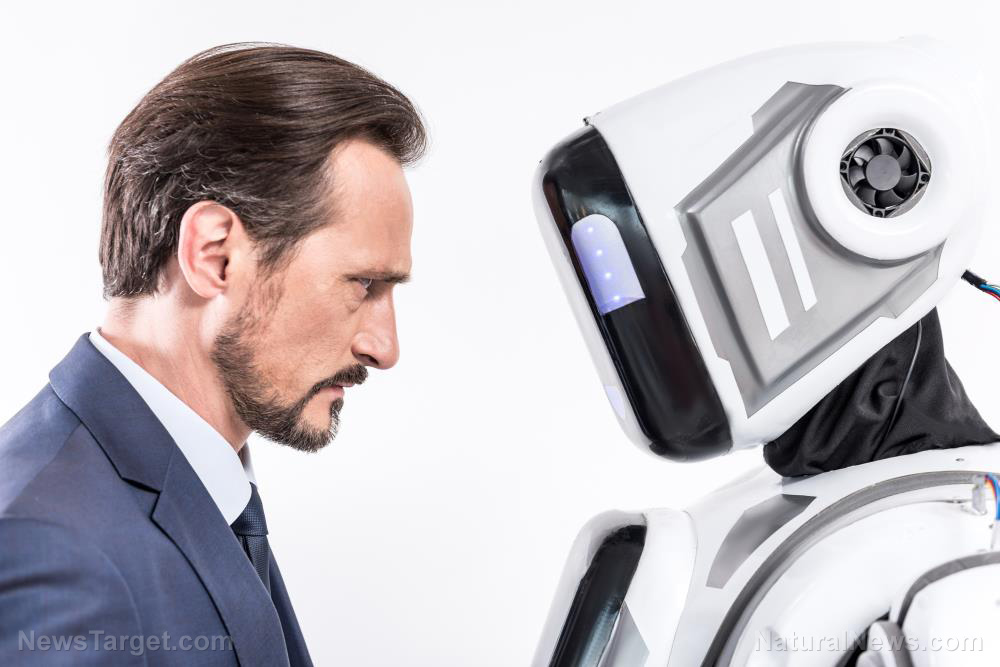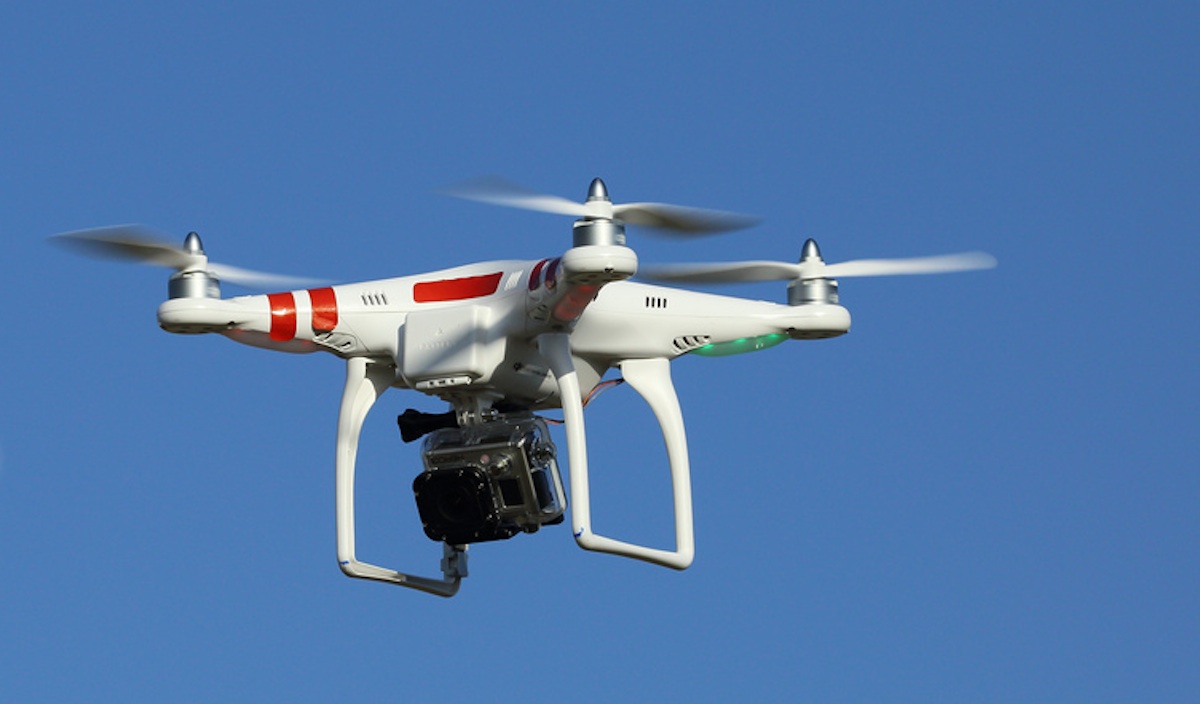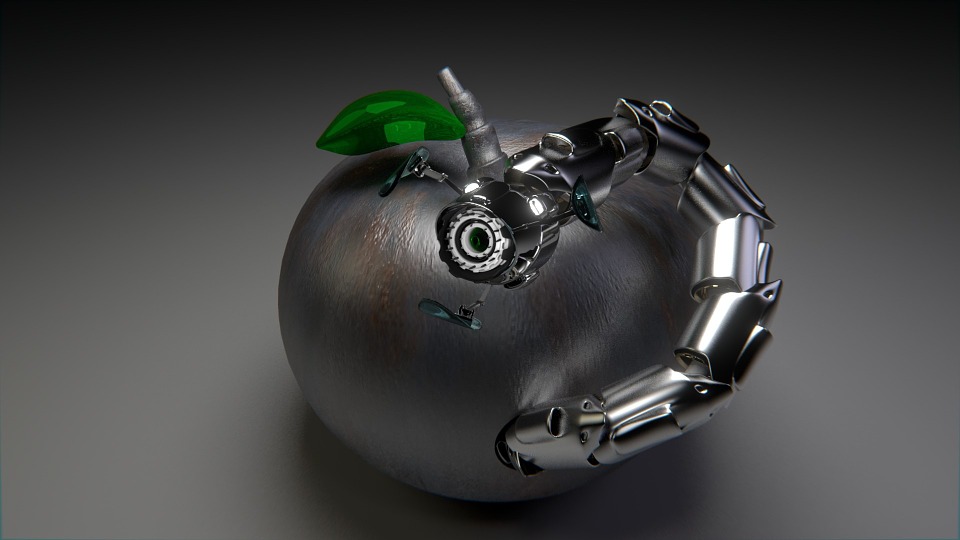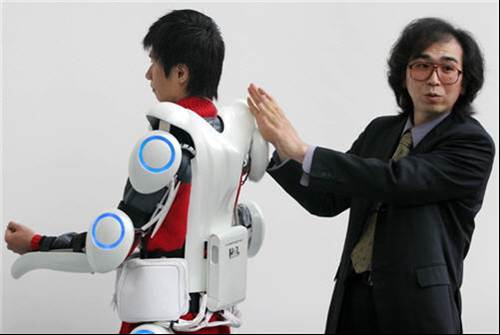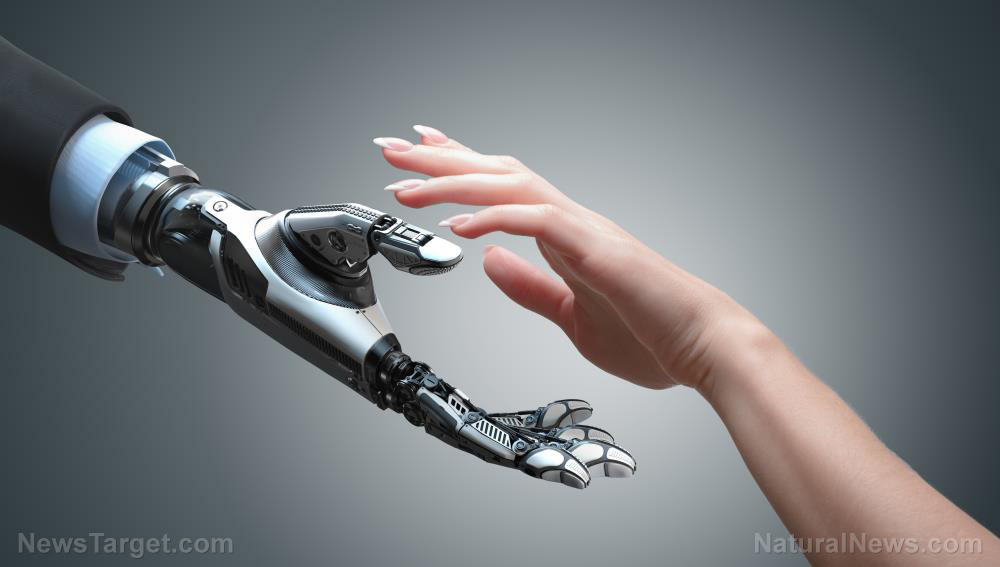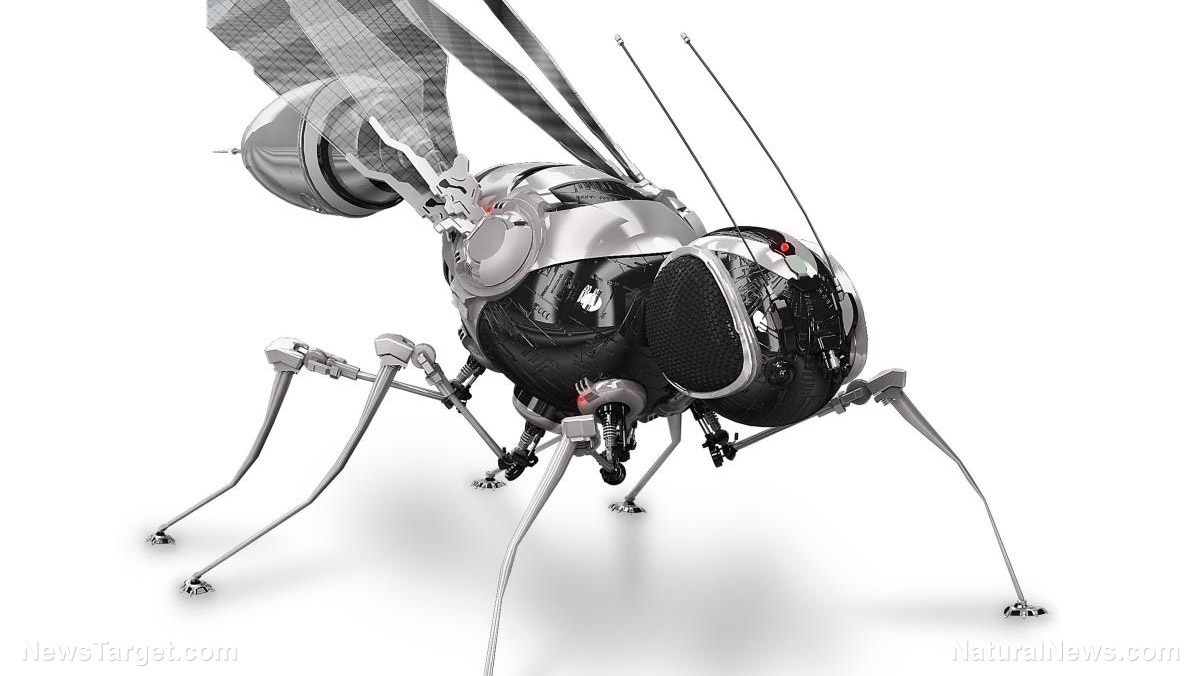The future of AI: How fast it’s growing and the possibility of sci-fi movie scenes coming to pass
03/22/2018 / By Ethan Huff

Technocrats like Eric Schmidt, the former executive chairman of Google parent company Alphabet, are brimming with glee over the continued advancements being made in the field of artificial intelligence, or AI. But how will these changes affect the social landscape, and what types of threats does this technology pose to humans?
Not many at the current time, insists Schmidt, who recently told the media that worries about AI robots turning into killer machines like something out of the Terminator movies shouldn’t be a problem for at least the next 10 to 20 years.
In the meantime, he says, humans can rest easy about the global race towards transhumanism because the technology has the potential to advance “health care” and “energy,” which outweighs any concerns about AI robots taking over the planet and subjecting humans as their slaves. We can deal with that when the time comes, he basically stated.
“Everyone immediately then wants to talk about all the movie-inspired death scenarios, and I can confidently predict to you that they are one to two decades away,” Schmidt stated, insisting that it’s all good for now. “So let’s worry about them, but let’s worry about them in a while.”
Despite the fact that the stated purpose of AI is to create machines that are smarter than humans, but that don’t have to be paid to do the exact same work, Schmidt also claims that people shouldn’t worry that AI technology will ever be outside the control of human masters.
“You’ve been watching too many movies. Let me be clear: Humans will remain in charge of [AI] for the rest of time,” he asserted.
Immigration should be limitless to push forward with AI development, says Schmidt
Much of the chatter surrounding AI is being fueled by China’s determination to outpace the United States in developing the “best” forms of the technology. China’s “whole-of-nation” AI program is on track to overtake the U.S. by the year 2030, which has U.S.-based AI developers in a tizzy to make sure this doesn’t happen.
For Schmidt, this means continuing to import immigrants from all over the world to come to the U.S. to sit inside cubicles and program AI robots with their own intelligence. Because this isn’t happening as much due to President Trump’s H-1B visa limitations and travel bans, Schmidt is now lamenting the fact that the human slave labor pool for building the AI hive mind is starting to run dry.
“The stupidest policy in the entire American political system was the limit on H-1B visas,” Schmidt stated during a recent speaking engagement at the Massachusetts Institute of Technology’s (MIT) Computer Science and Artificial Intelligence Lab.
“We want the best people in the world, regardless of any form of sex, race, country, what-have-you. We want them to work for us and not our competitors,” he added, noting that our entire immigration policy should center around bringing in the “best” people to push forward with AI development programs. Conveniently, Schmidt seems to ignore the deeper truth that the majority of “undocumented immigrants” entering the USA aren’t exactly software geniuses to begin with, and most of them pose a strong financial burden on U.S. states like California and Arizona.
Even if this immigration effort requires bringing people in from Iran, which is not necessarily on the best terms with the U.S. as far as national security is concerned, Schmidt wants to see it happen. And why wouldn’t he, considering Google itself is quickly becoming a runaway AI technology of its own that actively censors information deemed a threat to the globalist agenda.
“We should organize our country to be the most attractive place for those people,” says Schmidt. “Stupid government policies that restrict us from [having] a fair chance of getting those people are antithetical to our mission [and] the things we serve.”
Sources for this article include:
Tagged Under: artificial intelligence, China, computing, Donald Trump, Eric Schmidt, future tech, Glitch, H1-B, humans, Immigration, robots, technology, transhumanism




